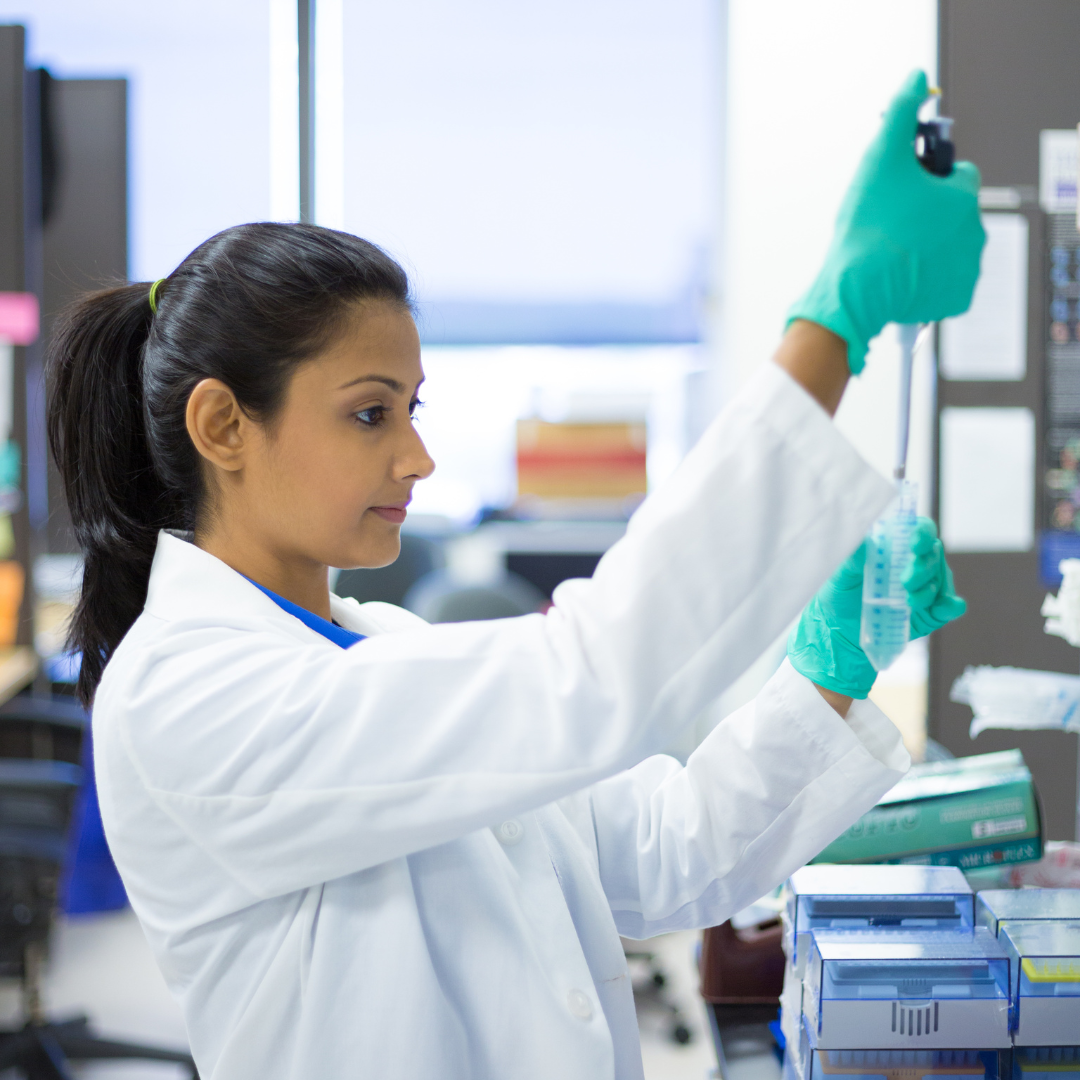Advanced PCR Molecular Assays for Cell and Gene Therapies at CMIC
Precision Bioanalytical Services for CGT Development by CMIC
The Importance of Polymerase Chain Reaction (PCR) Assays
Since their introduction in 2017, Cell and Gene Therapies (CGTs) have rapidly advanced, with over half of these therapies being approved by the FDA in recent years. Currently, more than 2,000 new therapies are undergoing clinical trials, with approximately 200 in Phase III. Each year, an estimated 10-20 new therapies are expected to enter the market. These innovative treatments involve the use of a vector to introduce a desired sequence of nucleic acid code, aiming to alter or replace protein expression, or to introduce specific cell types to modify or restore bodily functions.
Development and testing of CGTs require the sensitive, accurate, and precise quantitation of CGT vectors and nucleic acids at multiple stages. Polymerase Chain Reaction (PCR) technology, first developed in the late 1980s, has evolved to meet these needs comprehensively. Today’s PCR methods can amplify virtually any oligonucleotide sequence, even in the absence of a positive control or calibration curve, much like pharmacokinetic (PK) assays in design and outcome. However, PCR assays surpass other oligo-detecting PK assays in terms of accuracy, precision, sensitivity, and efficacy. PCR-based bioanalysis is routinely utilized to assess the safety, delivery, and efficacy of CGTs. Although specific regulatory guidelines for PCR assays are still under development, due to the distinct nature of PCR technology in terms of requirements, assay preparation, and methodological approaches, these assays are pivotal in the validation processes

At CMIC’s US Bioanalytical Laboratory, we are equipped with state-of-the-art instrumentation and have personnel highly qualified in regulatory PCR assay development, validation, and regular sample analysis. Our facility boasts several Quantstudio 5 PCR instruments for real-time detection of nucleic acid sequences, NanoDrop and Qubit fluorometers for nucleic acid concentration measurement, and Agilent TapeStation for evaluating nucleic acid size and quality. Furthermore, we have dedicated PCR hoods and other specialized instruments essential for high-precision assays.
Our analysts, with over a decade of experience in PCR technology, excel in developing and validating PCR methods in regulated environments and performing clinical sample testing. They possess significant expertise in addressing the critical differences between PCR and other PK assays concerning accuracy, precision, sensitivity, and recovery. Our Ph.D.-level project managers offer extensive knowledge in primer design, optimization, troubleshooting, method development, and validation, ensuring that our PCR bioanalysis services are an invaluable tool for our clients. This expertise is crucial for meeting current and future FDA requirements, helping to save time, resources, and reducing waste.


